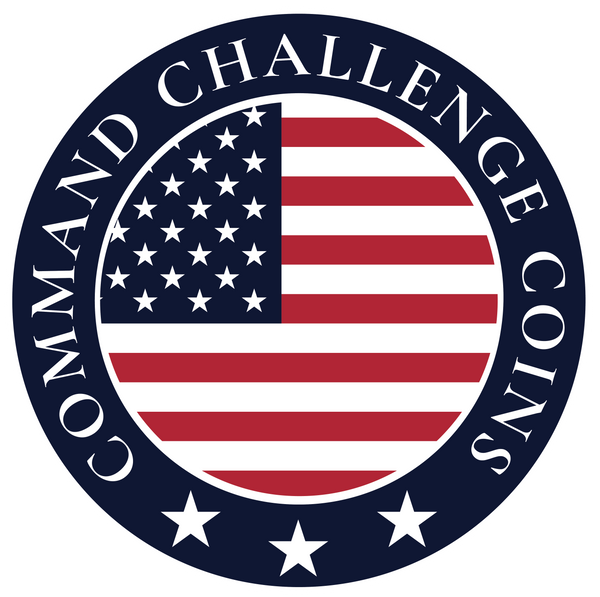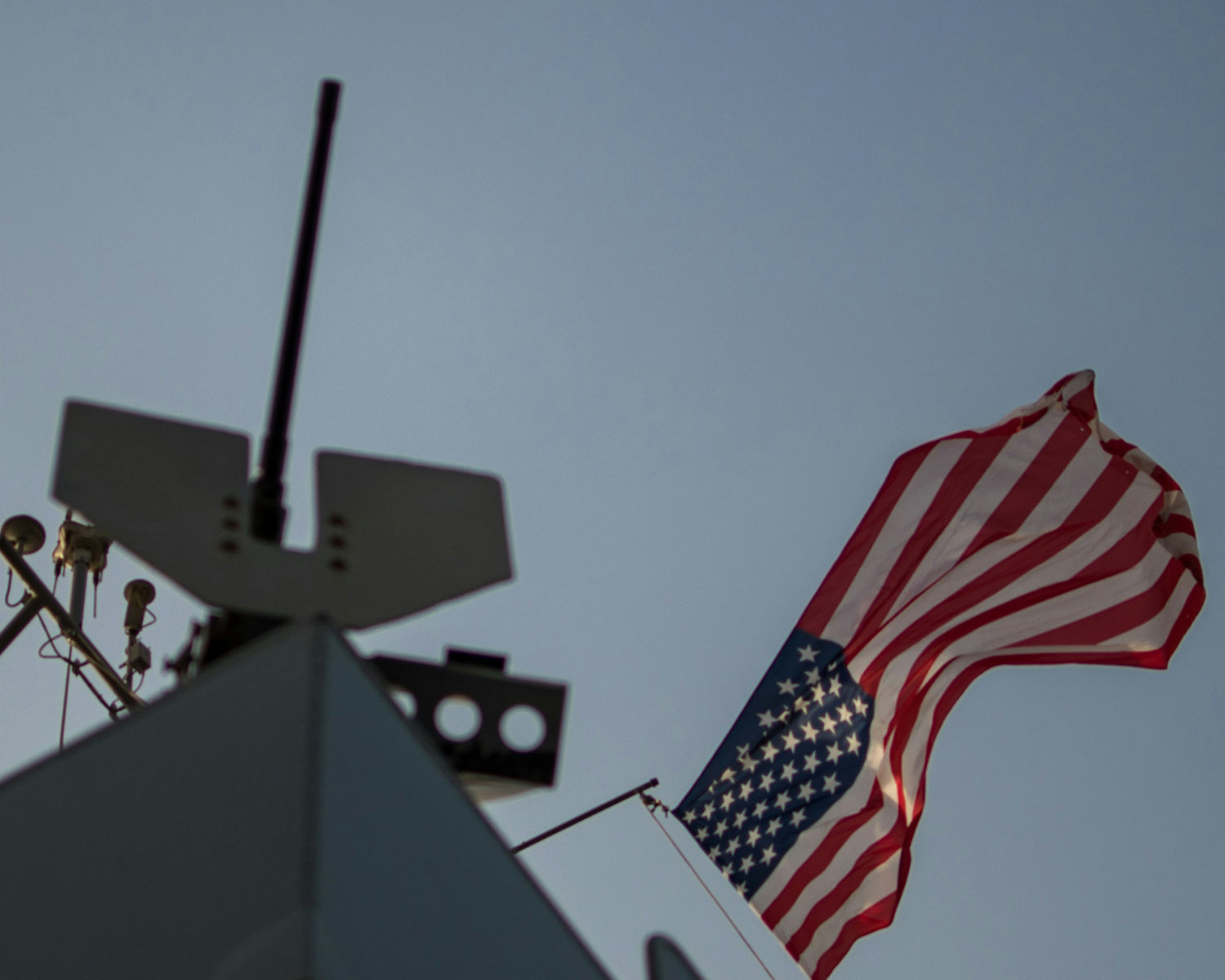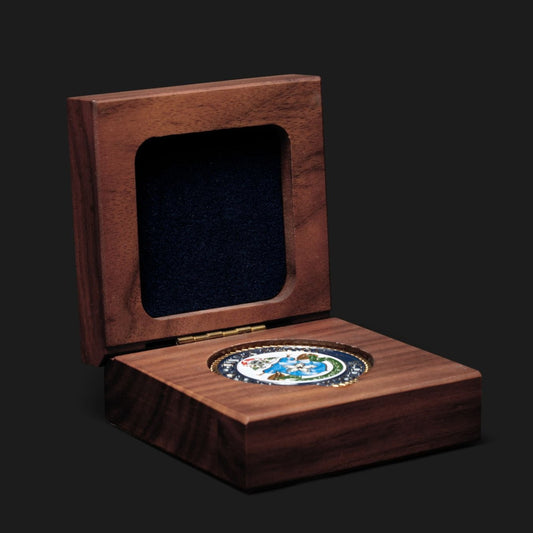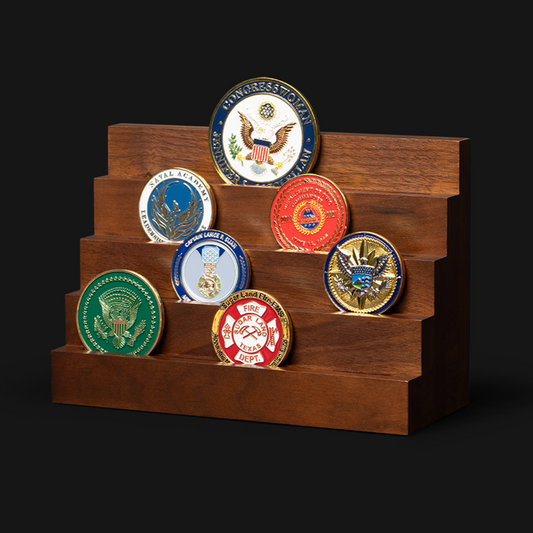
Understanding the Meaning of Military Medals and Their Significance
Renita WingfieldMilitary medals are more than just decorative adornments; they are powerful symbols of honor, courage, and service. Each medal has a unique meaning and represents the sacrifices and achievements of the men and women who serve in the armed forces. Understanding the meaning of military medals provides insight into the rich history and traditions of military service, highlighting the values and principles that underpin the armed forces.
This comprehensive guide will explore the history, types, and significance of military medals, shedding light on their profound impact on military culture and the individuals who receive them.
The History of Military Medals
The tradition of awarding military medals dates back centuries, with roots in ancient civilizations such as Rome and Greece. However, the modern concept of military medals as we know them today began to take shape during the 18th and 19th centuries.
Early Origins
The earliest military medals were typically awarded by kings and emperors to soldiers who demonstrated extraordinary bravery and leadership on the battlefield. These medals served as tangible rewards for valor, inspiring others to emulate the honored individuals.
In ancient Rome, for example, soldiers were awarded decorations such as the corona civica (civic crown) for saving the life of a fellow citizen during battle. Similarly, in ancient Greece, the Athenian owl coin was often given as a token of gratitude for military service.
Development of Modern Military Medals
The concept of military medals as formal awards began to gain prominence in the 18th and 19th centuries. The British Order of the Bath, established in 1725, is one of the oldest military honors still in existence today. It was awarded to officers who displayed exceptional service and dedication to the Crown.
During the Napoleonic Wars, the Military General Service Medal was introduced by the British Army to recognize soldiers who served in various campaigns between 1793 and 1814. This marked the beginning of a more systematic approach to awarding military medals, with distinct designs and criteria for each medal.
The Evolution of Military Medals in the United States
In the United States, the tradition of awarding military medals began during the American Revolution. The Badge of Military Merit, established by General George Washington in 1782, is considered the precursor to the modern Purple Heart. This early medal was awarded for exceptional service and bravery in battle.
The formal system of awarding military medals in the United States expanded during the Civil War. The Medal of Honor, established in 1861, became the nation's highest military decoration, awarded for acts of valor above and beyond the call of duty.
Today, military medals continue to evolve, with each branch of the armed forces establishing its own set of awards to recognize service and achievement.
Types of Military Medals
Military medals are categorized into various types based on their purpose and the criteria for awarding them. Understanding the different types of military medals provides insight into the diverse ways in which service members are honored for their contributions.
1. Valor and Bravery Medals

Valor and bravery medals are awarded to service members who demonstrate extraordinary courage and heroism in the face of danger. These medals are among the most prestigious awards, reflecting the highest standards of military service.
Medal of Honor
The Medal of Honor is the highest military decoration in the United States and is awarded for acts of valor above and beyond the call of duty. Recipients of the Medal of Honor have displayed exceptional courage and selflessness, often risking their lives to protect others.
Distinguished Service Cross
The Distinguished Service Cross is awarded to members of the U.S. Army for extraordinary heroism in combat. It is the second-highest military decoration, recognizing acts of bravery that do not quite meet the criteria for the Medal of Honor.
2. Meritorious Service Medals
Meritorious service medals recognize exceptional performance and leadership in non-combat roles. These medals honor service members who have made significant contributions to their units and the military as a whole.
Legion of Merit
The Legion of Merit is awarded to service members who demonstrate outstanding performance and leadership in their duties. This medal is unique in that it can be awarded to members of foreign armed forces, fostering international cooperation and recognition of allied efforts.
Meritorious Service Medal
The Meritorious Service Medal is awarded to members of the U.S. Armed Forces for outstanding non-combat service. It recognizes achievements and contributions that significantly enhance the effectiveness and success of military operations.
3. Campaign and Service Medals
Campaign and service medals are awarded to service members who participate in specific military campaigns or operations. These medals commemorate the service and sacrifices of individuals during significant events in military history.
Afghanistan Campaign Medal
The Afghanistan Campaign Medal is awarded to service members who have served in Afghanistan in support of Operation Enduring Freedom and Operation Freedom's Sentinel. It recognizes the dedication and sacrifices of those who contributed to these critical missions.
Global War on Terrorism Service Medal
The Global War on Terrorism Service Medal is awarded to service members who have participated in the global campaign against terrorism. It honors individuals who have served in various capacities to support operations aimed at combating terrorism worldwide.
4. Long Service and Good Conduct Medals
Long service and good conduct medals recognize the dedication and commitment of service members who have served honorably for an extended period. These medals highlight the values of loyalty, discipline, and professionalism.
Army Good Conduct Medal
The Army Good Conduct Medal is awarded to enlisted soldiers who have demonstrated exemplary behavior and service for three consecutive years. It reflects the commitment and professionalism expected of members of the U.S. Army.
Navy and Marine Corps Achievement Medal
The Navy and Marine Corps Achievement Medal recognizes outstanding performance and achievements by members of the U.S. Navy and Marine Corps. It is awarded for noteworthy contributions that enhance the mission and effectiveness of their respective branches.
The Significance of Military Medals

Military medals hold deep significance for service members and the military community as a whole. They serve as powerful symbols of honor, sacrifice, and commitment, reflecting the values and principles that define military service.
1. Recognition of Sacrifice and Service
Military medals are a tangible recognition of the sacrifices and contributions made by service members. They acknowledge the dedication, bravery, and selflessness required to serve in the armed forces. For many recipients, receiving a military medal is a profound honor that validates their commitment to their country and their fellow service members.
2. Fostering a Sense of Pride and Identity
Military medals contribute to a sense of pride and identity among service members. They serve as tangible reminders of the accomplishments and experiences that define their military careers. Each medal tells a unique story, reflecting the challenges, triumphs, and camaraderie that characterize military life.
The display of military medals also reinforces the values and standards upheld by the armed forces. Service members wear their medals with pride, embodying the principles of duty, honor, and integrity that guide their actions.
3. Preserving Military Traditions and History
Military medals play a crucial role in preserving the traditions and history of the armed forces. Each medal is a link to the past, connecting current service members to the legacy of those who came before them. Through the awarding of medals, the stories of valor, sacrifice, and service are passed down from generation to generation.
Medals also serve as educational tools, helping the public understand the significance of military service and the sacrifices made by those in uniform. They provide a tangible representation of the history and traditions that shape the military community.
4. Inspiring Future Generations
Military medals inspire future generations to uphold the values and standards of military service. They serve as a testament to the bravery and dedication of those who have served, motivating young men and women to follow in their footsteps.
By recognizing the achievements and sacrifices of service members, military medals encourage a culture of excellence and honor. They inspire individuals to strive for greatness and to contribute meaningfully to their country and their fellow citizens.
The meaning of military medals extends beyond their physical appearance; they are powerful symbols of honor, sacrifice, and service. Through their rich history, diverse types, and profound significance, military medals play a vital role in shaping military culture and preserving its values and traditions. By understanding the meaning of military medals, we gain insight into the sacrifices and achievements of those who serve, fostering a deeper appreciation for the men and women who dedicate their lives to the defense of our nation.
Key Takeaways
- Military medals have a rich history and symbolize honor, courage, and service.
- Medals are categorized into valor, meritorious service, campaign, and long service.
- They recognize sacrifice, foster pride, and preserve military traditions.
- Medals serve as educational tools and inspire future generations to serve.
- Understanding military medals enhances appreciation for the sacrifices of service members.

Discover the Honor Behind Every Coin
At Command Challenge Coins, we're not just creating tokens; we're forging symbols of achievement, unity, and recognition. Our commitment to excellence is mirrored in every meticulously crafted coin, embodying the values and stories of those who carry them. From the rich history embedded in military traditions to the contemporary applications across various sectors, challenge coins represent more than just metal—they symbolize a legacy of honor and camaraderie.
Have a design in mind or need guidance on creating your unique challenge coin? Get a free quote today to consult with our specialists.














